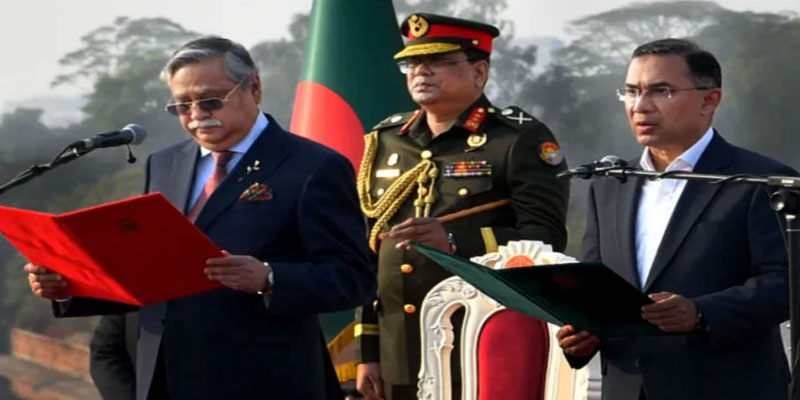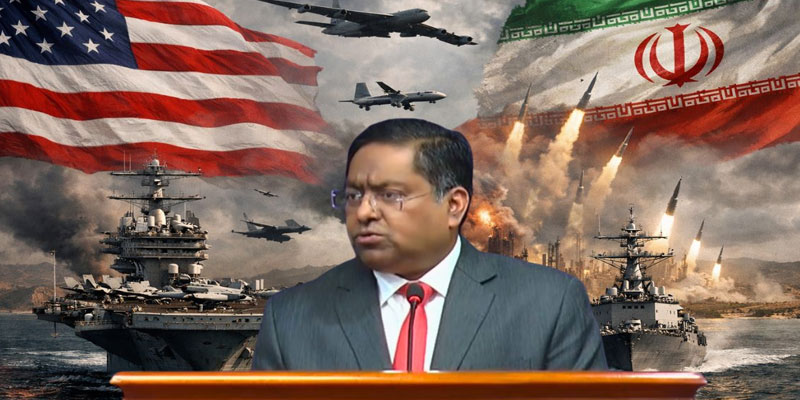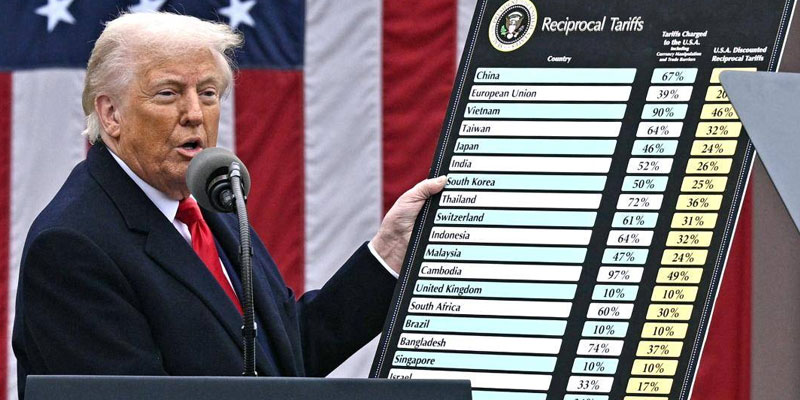Geo Politics
Laser Shields and Drones: Modi’s Israel Push to Up...
A Strategic Shopping List Ahead of Tel Aviv India is preparing to significantly upgrade its air defence and precision strike capabilities as Prime Mi...Fire Across the Durand Line: Pakistan’s Airstrikes...
A Night of Retaliation Deadly Pakistani airstrikes ripped across eastern Afghanistan on February 22, 2026, as Islamabad targeted seven alleged h...On Edge in Tehran: India Issues Exit Advisory as U...
Evacuation Alert Amid Rising Tensions Indian nationals in Iran have been urged to leave immediately as geopolitical tensions intensify. On February...El Mencho Killed: A Cartel Kingpin Falls, but Chao...
A Dramatic Demise—and Trump’s Triumphant Response The death of Nemesio Oseguera Cervantes, better known as “El Mencho,” has...Supreme Court Rebukes Trump’s Tariffs: Refund Rush...
A Judicial Earthquake in Trade Policy In a decisive 6–3 ruling on February 20, 2026, the Supreme Court of the United States struck down Presi...Majority of Americans Reject Trump’s Policy Agenda...
A Restless Electorate: Growing Discontent with Trump’s Second Term A little over a year into his second presidency, public patience appears t...Prince Andrew Arrest Rekindles Global Epstein Scan...
Former Royal Detained as Epstein Files Shake Establishment Former British royal Prince Andrew was arrested this week by Thames Valley Police, marki... Copyright © All rights reserved. The images belongs to the respective copyright holders.





















